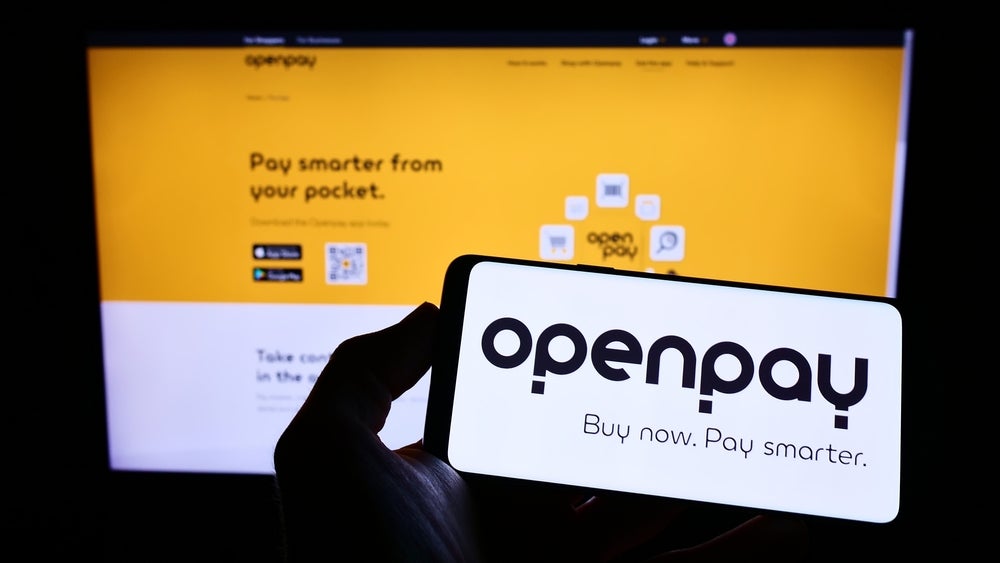54% of businesses consider inefficient back-office processes the primary obstacle to delivering real-time payments. That is according to a survey conducted by AutoRek. AutoRek polled executives in the financial services sector, as well as those in software development and IT, to explore firms’ readiness to accommodate real-time payments, highlighting the urgent need for firms to streamline their operations to meet the growing demand for instant transactions.
Inefficient processes are the most significant roadblock to delivering real-time payments, with cumbersome manual processes, legacy systems, and disparate data sources among the common culprits causing operational bottlenecks. 23% of respondents acknowledged that lack of internal skills is currently holding them back, as many technology teams are facing skills shortages, making it more challenging to develop and maintain the systems needed to meet real-time demands.
Almost one in ten noted that cost concerns are impacting the widespread adoption of real-time payments. This sheds light on the financial burden of integrating with real-time payments systems, particularly for smaller businesses that may struggle to find cost-effective solutions that meet compliance standards.
Demand for real-time payments grows
As the demand for instant payments is surging among consumers and businesses alike, many established markets are accelerating their adoption of instant payments infrastructure and rails. For instance, the Federal Reserve’s FedNow Service in the United States is designed to modernise and expedite the way funds move. However, 60% of respondents said that their reconciliation processes are not currently sophisticated enough to meet the operational flows that FedNow will inevitably create, raising questions about how firms can more easily navigate the evolving demands set by federal agencies.
Nick Botha, Global Payments Manager at AutoRek, said: “Real-time payments are a double-edged sword for businesses, opening up speed and convenience but also creating increasing operational obstacles and firms that do not adapt their operations could find themselves in a world of regulatory hurt. Channelling investment into streamlining back-office processes is critical for firms that want to avoid landing themselves in hot water. Eliminating the bottlenecks to delivering real-time payments starts with upgrading the old-school legacy infrastructure that is no longer fit for purpose. Customer demand for instant payments is only going to accelerate, so firms that look to increase efficiencies now can get ahead of the curve.”












